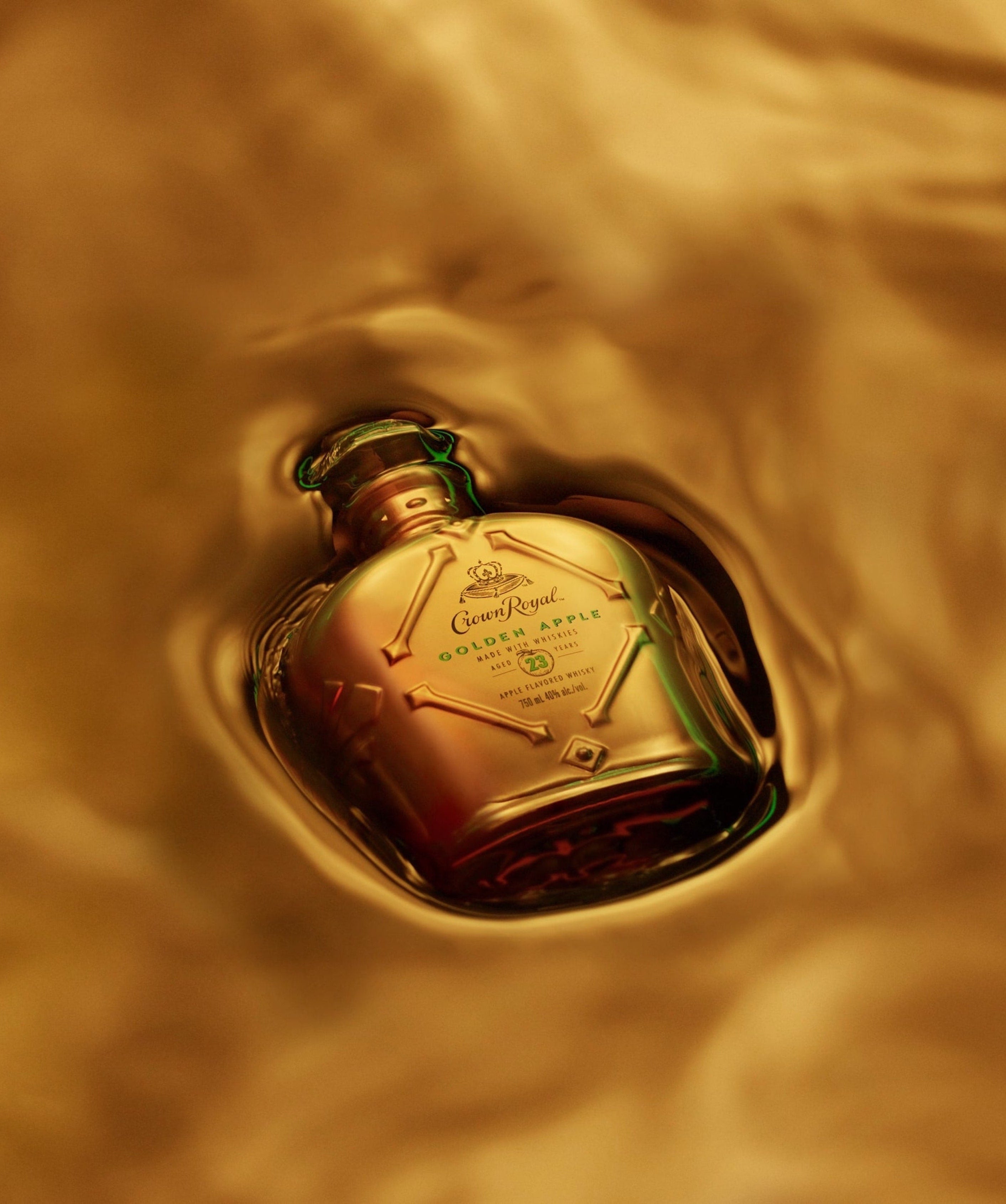
Whisky Vs. Whiskey: Know The Difference
Whisky or whiskey? You’ve seen the name spelled both ways and are probably wondering if the difference is deeper than the spelling.
To the uninitiated, the only difference is that one of the two alternate spellings contains the letter “e”. But to enthusiasts, there’s a much bigger difference in the drinking.
Find out just how much they differ and why that extra e makes all the difference.
ROOTED IN HISTORY
Although some folks still dispute whether whisky was first distilled in Ireland or Scotland, historical records found so far indicate that the Irish may have been the first to produce this world-famous spirit. The word “whisky” itself comes from the Gaelic term "usquebaugh" or "uisce beatha,” which means “water of life.”
“Whisky” was the original spelling of the spirit’s English name, and it’s still the preferred spelling in Scotland, Canada, and Japan. America, Ireland, and a few other English-speaking countries spell the word “whiskey.”
Hang on… If the Irish invented whisky, why do they (and us Americans) spell the word with an “e”?
The change in spelling happened sometime around 1870. At the time, the quality of Scottish whisky wasn’t anything close to what it is today. The drink produced in Scotland was so bad that the Irish didn’t want their spirit’s reputation ruined simply because people might have assumed the bad whisky they drank was made in Ireland.
To differentiate between their whisky and the terrible Scottish whiskies, Irish producers started adding the letter “e” to the spelling, so that their bottles read “Irish Whiskey.” Around the same time, many Irish immigrants to America started producing the spirit. This led to the “whiskey” spelling spreading across the U.S. quickly. The Americans adopted the spelling with the “e,” and have used it ever since.
BUT DON’T WHISKY AND WHISKEY TASTE THE SAME?
You may have heard some people say that it doesn’t matter whether you spell the name as “whisky” or “whiskey,” as it all tastes the same.
Unfortunately for them, no two whiskies ever taste the same, regardless of how you spell the name. Just as whisky from Scotland’s different regions varies greatly in taste, so do whiskies from the various regions in different countries around the world.
SCOTTISH WHISKY
In compliance with the laws of the United Kingdom, Scottish whisky distillers must follow several rules to be called Scottish or Scotch whisky.
A couple of these rules include the entire production and maturation process taking place in Scotland, and the spirit must mature in oak for at least three years. Another rule is that, for Scottish whisky to be considered a single malt, it must be made from 100% malted barley.
The region in which a Scottish whisky is produced has a significant impact on its taste. Whiskies from the Scottish Lowlands tend to have a lighter taste, while those produced in coastal towns usually are smokier and peatier.
IRISH WHISKEY
When it comes to Irish whiskey, Ireland’s laws stipulate that the spirit must mature for at least three years. Most producers in Ireland don’t use peat, which reduces or removes the smoky flavor usually associated with Scottish whiskies.
What’s more, Irish whiskey can contain barley, malt, and grain spirit. Most whiskies produced in Ireland undergo a triple distillation process that results in a smooth taste and finish.
AMERICAN WHISKEY
Bourbon, the most common variant of American whiskey, was first produced in Bourbon, Kentucky. While approximately 95% of all bourbons are still produced in the Bluegrass State, distillers anywhere in the U.S. legally have been allowed to produce bourbon since the 1960s. Jack Daniels, Jim Beam and Wild Turkey are among the most famous bourbons.
To be legally classed as bourbon, the spirit must have a minimum of 51% corn, and the rest of the blend must be made of malted barley and rye. The more corn that’s used in bourbon production, the sweeter the resulting spirit. The more rye used in production, the spicier the taste.
When making bourbon whiskey, most producers distill the spirit in a column still before finishing it in a pot still. That said, it’s entirely possible to complete the entire distillation process in a column still. Some producers use the residue from the still to make sour mash whiskey. Once distilled, bourbon whiskies are matured in charred new oak casks, which impart a distinct flavor to the drink.
Rye whiskey is another variant of American whiskey. Similar to bourbon, this spirit is made with a blend of grains that includes at least 51% rye, which adds a spicy taste. Rye whiskies must mature for at least two years, although most producers leave it to mature for much longer. Jim Beam Rye and Wild Turkey Rye are among the most famous rye whiskies.
CANADIAN WHISKY
Many folks out there call Canadian whisky “rye whisky,” due to the amount of rye included in the grain mix used in the mash historically. This doesn’t mean that modern Canadian whiskies contain a significant proportion of rye, as the spirit does not need to meet the 51% rye content specified for American rye whiskies. However, Canadian whiskies legally must spend at least three years maturing in wooden casks.
JAPANESE WHISKY
Japanese whisky began in the 1920s, when Masataka Taketsuru returned to Japan after studying the whisky production process in Scotland and teamed up with Shinjiro Torii, the founder of Torii Shoten (known nowadays as Suntory). The two went on to establish the renowned Yamazaki Distillery, which was the first of its kind on the islands. Seeing as Taketsuru studied whisky making in Scotland, he opted to use the Scottish spelling.
However, there are a couple of big differences between Scottish and Japanese whisky. First, there’s no legally set maturation process in Japan. Second, Japanese whiskies usually are more delicate than most Scottish whiskies.
DOWN TO GEOGRAPHY
As you can see, the different spellings of “whisky” and “whiskey” still exist. But that’s down to geography more than anything else.
The whisky (or whiskey) distillation process is more or less the same around the world, even if every country has different rules and regulations regarding what can legally be classified as the spirit.
While connoisseurs and internationally trained bartenders regard Scottish whisky as the world’s finest, it ultimately comes down to personal choice. Whisky-World offers a wealth of information on diverse whisky varieties. Dive into their reviews to gain a comprehensive understanding of the differences and commonalities among popular Scottish whiskies.
Why not try a few whiskies from different countries and find your personal favorite?





